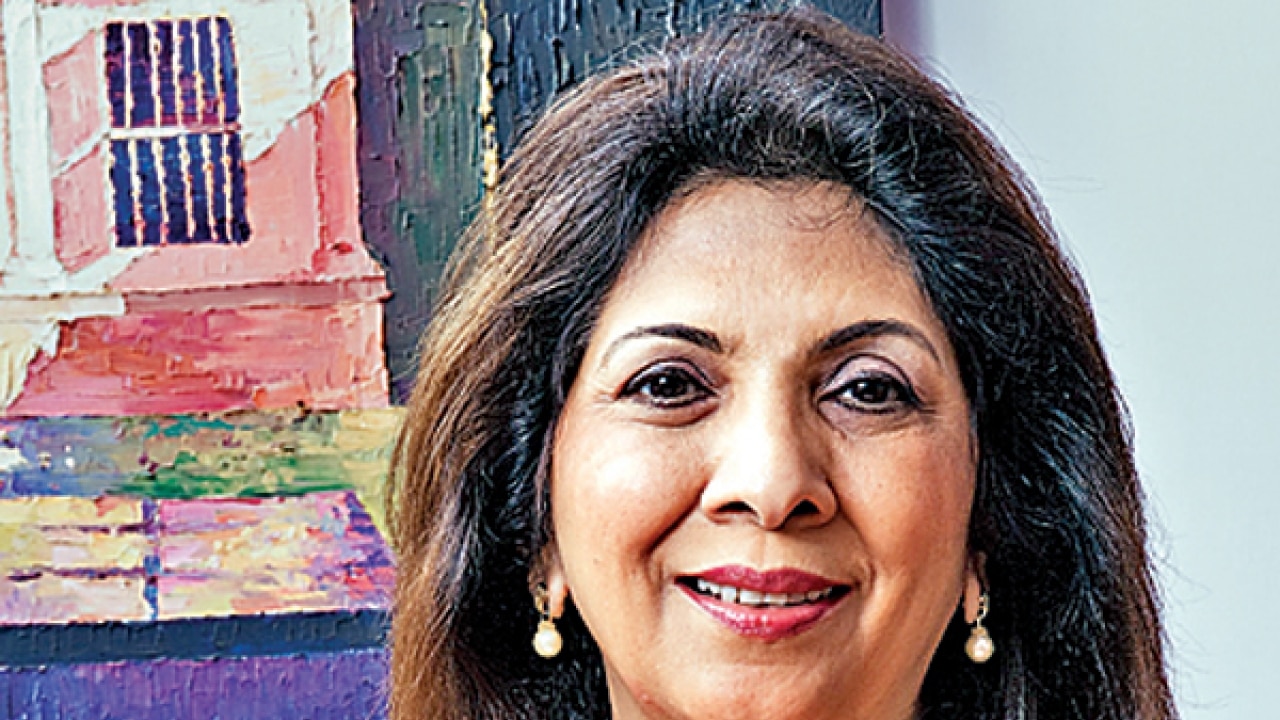
What is your instinctive response to this year's ISC board top score of 99.75 per cent?
There are two factors at work here: the ISC examination board is giving students the opportunity to perform better due to the multiple-choice question format. Secondly, children are getting much brighter.
Our society seems to have moved from believing that a first class was a great thing in the 1960s and 1970s, to thinking that even 90 per cent is not good enough today. Where do you think we're heading next? Will 100 per cent be a reality soon? Do you think these incredibly high percentages are a reflection of a ridiculously competitive society and academic system, a lax grading system, younger generations being smarter that the older ones or other factors altogether?
100 per cent could easily be a reality, as students nowadays get additional marks for participating in sports.
I think you can't compare the scoring across different decades, as these would be relative. It's not that examinations were any less competitive a few decades ago, it's just that the grading mechanisms have evolved. The examination system when I cleared the ICSC board years ago was totally theory based. Our percentages were lower because the style of questions were different. Today you have objective-style examinations, which facilitate higher scores.
If you look carefully at the scores, you will realise that they are rising as a whole, which indicates that everyone is on the same page.
I don't think the rising percentages are a reflection of society at all, they are purely a reflection of the style of examination.
Where do these uber-elite percentages leave good students who score in the 80s and 90s but still can't get admission to colleges of their choice?
Given that 50 per cent of the Indian population is below 25, the reality is that we are facing a massive shortfall in the supply of higher education, whilst the demand for higher education continues to escalate.
For instance the HSC topper from our college could not feature in the first merit list of our own college for self-aided courses like Bachelor of Management Studies and Bachelor of Accounting, as there were so many high scorers from other boards.
The government has given us permission to have more divisions and a larger number of students per division, but space and infrastructure are challenges that we still need to overcome. We clearly need more courses and many more colleges to meet the education demand.
Are high percentages any indication of future success? Or do high achievers tend to burn out too soon?
From my experience, young people today are more tenacious and able to multi task. The high-merit students in my college are not just bookworms, they are also good at sport, art and other extra-curricular activities. I find this amazing. They are also very adaptive and capable of stretching. I think technology has play a substantial role in their all-round development.
We just returned from Stanford with 29 students who participated in a Global Leadership Programme and we watched them cope extremely well with the extra reading required and effectively stretch themselves to make the most of their opportunities. That said, we have to encourage students to take up training that matches their potential; this may not necessarily be high academics.
A sound education is a must; what our children do with it is up to them. I strongly advocate a holistic education that promotes creativity, critical thinking and a spirit of collaboration in the learner. However, we have to remember that people reach intellectual maturity at different ages and stages in life, and give our children the time and space to develop their potential. 'Don't teach me the way you want me to learn; teach me in a way I want to to learn', is a phrase I strive to remember. I also believe that whilst me must strive to understand the learner and help the learner grow, we must place the responsibility of learning on the learner.